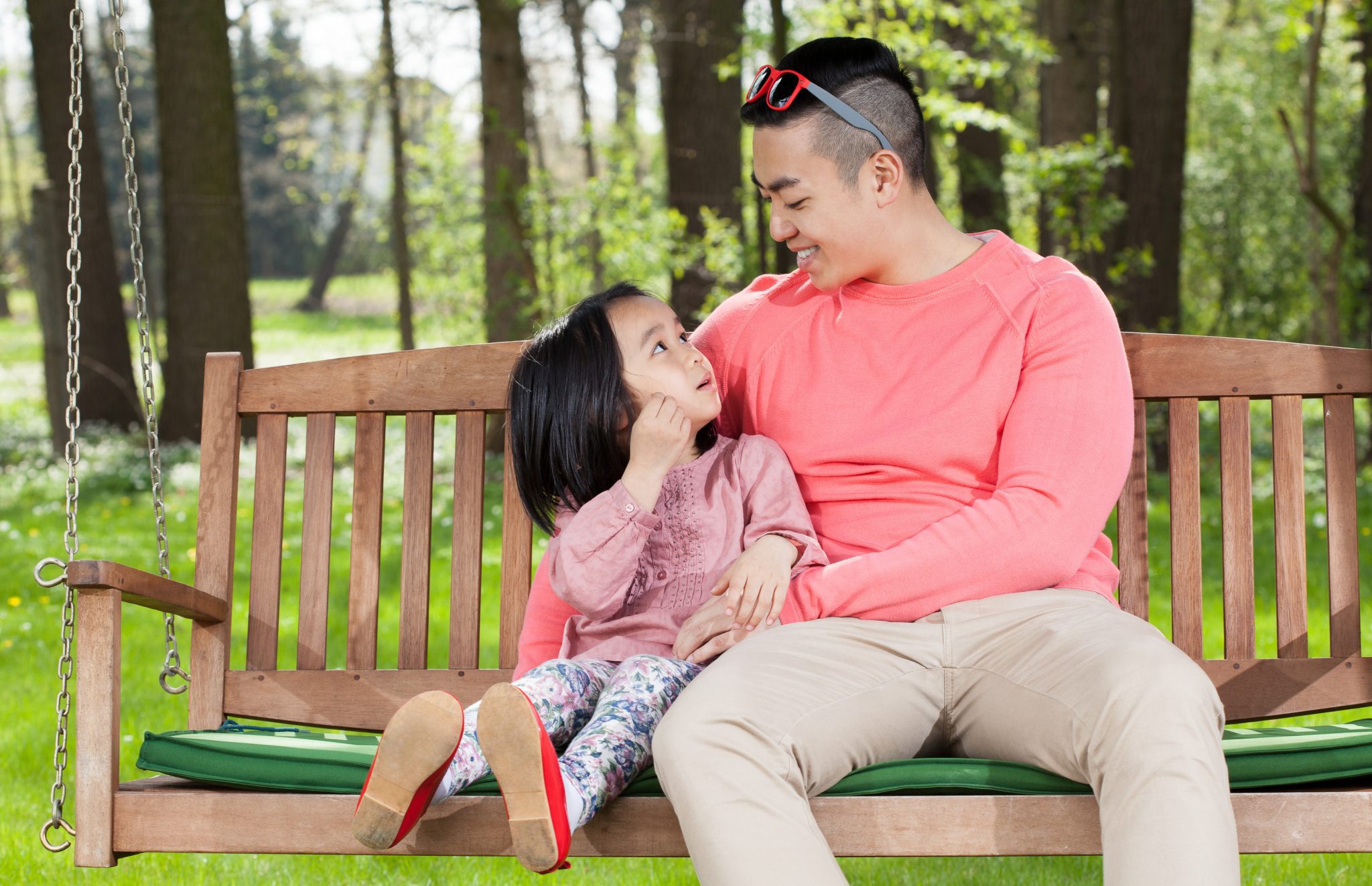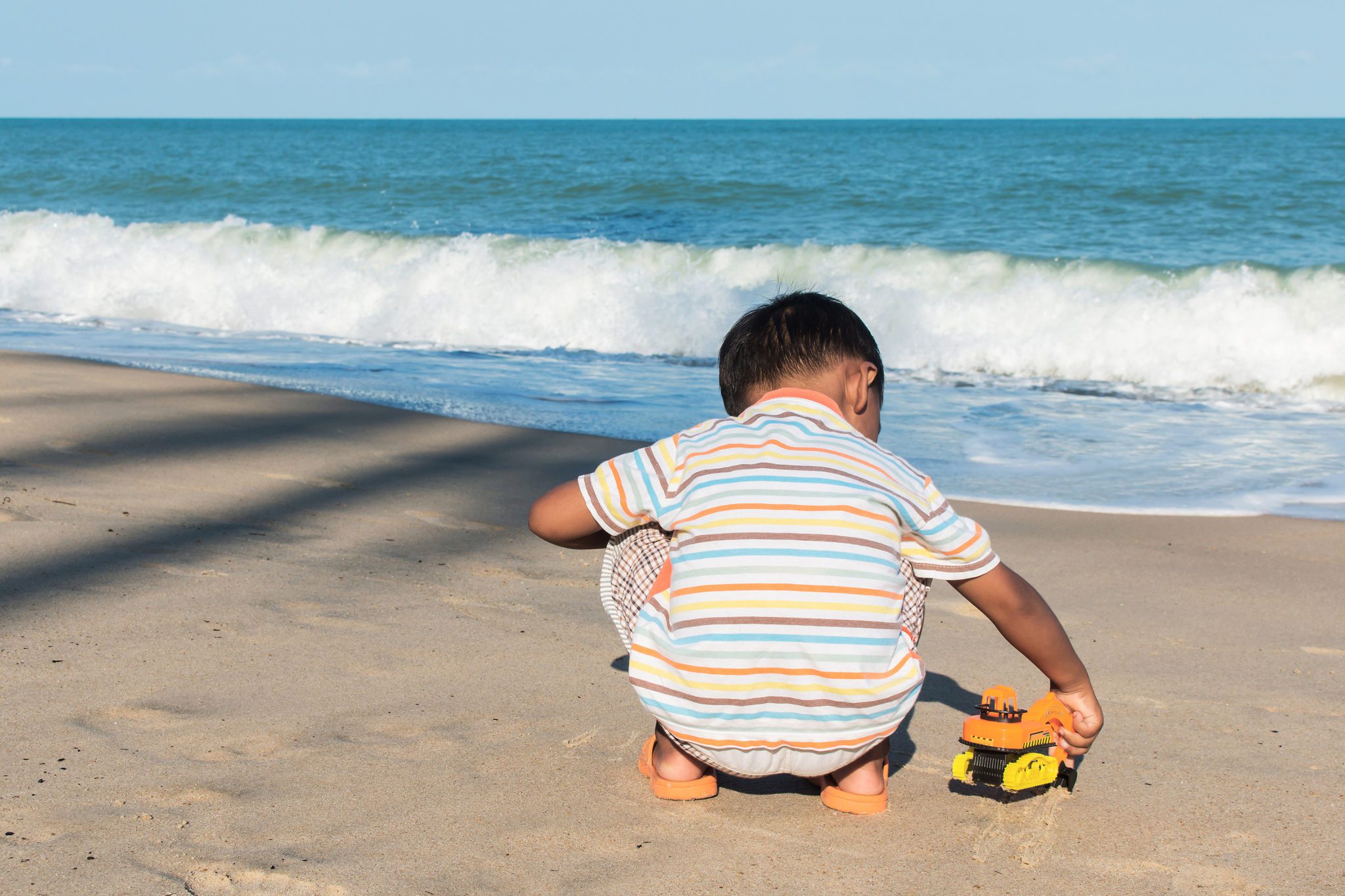Articles containing: communication
The Youth Mental Health Epidemic: What Parents and Caregivers Can Do

In April 2024, I wrote an editorial in Academic Psychiatry with my colleagues indicating that the leadership of our field had fallen short in satisfying our moral, ethical and professional standards to promote efforts to address the mental health epidemic among our youth.
My Child Was Diagnosed With Anxiety or Depression. How Should I Talk to Her About It?

“Should I use the word anxious or depressed?”
“Should I talk about it at all with my daughter?”
“What should I say to my teenage son?”
“How can I even bring it up?”
These are just a few of the questions parents ask when their child is given a diagnosis of anxiety or depression.
Desarrollar el bienestar mental en los niños: lo que los padres pueden hacer

Los padres son los verdaderos expertos cuando se trata de conocer a sus hijos, y a menudo son los primeros en notar cualquier cambio en el comportamiento de sus hijos:
Colin era un joven feliz. Tenía amigos, le iba bien en la escuela y se llevaba bien con sus hermanos y padres en casa.
When Young People Lose a Hero to a Tragic Death

Most of us, young and old, were stunned by the tragic death of Kobe Bryant along with his daughter. Whether you are a Laker’s fan or not, Kobe represented something more, including for young people.
Tom Brady said it this way in a Twitter statement:
“And in this tragedy, I have learned so much.
Is Your Teen an Emotional Sponge? – Shrinking It Down

Peers can be an excellent source of social support, and it’s great that more young people today talk to friends about their emotional challenges. But for every teen who shares, there’s another teen absorbing the info like an emotional sponge.
The Trauma Felt In Teen Breakups

Teen breakups. When you’re 17 years old, breaking up with someone really, really hurts.
Download our PDF on Teen Breakups.
Yes, that’s a cliché. So much so that almost every adult can think of a favorite popular culture reference to this particular kind of pain.
Cognitive Behavior Therapy (CBT): A Closer Look

Listen to our podcast episode on Cognitive Behavior Therapy, featuring Susan Sprich, PhD.
Jenny was a 15-year-old high school sophomore who had suffered from depression for six months. Her pediatrician referred her to a psychiatrist, who prescribed Prozac for her depressive symptoms.
What Is Family Therapy?

Family therapy emphasizes the idea that a child lives and grows in relationship to others, particularly in relationship to members of his or her own family. There are many different family therapy approaches.
Why Chores Are Important for Kids

Chores.
We all remember them.
Some were associated with allowance, others simply mandatory. For many kids, and I bet for most of us, they were often an intrusion on other more important things to do.
A Closer Look at Autism

Autism, more formally referred to as autism spectrum disorders (ASD), are conditions where individuals struggle with social relationships and communication. People with autism also often face challenges in handling changes to their normal routines, or attempts to expand their usually narrow range of interests.



